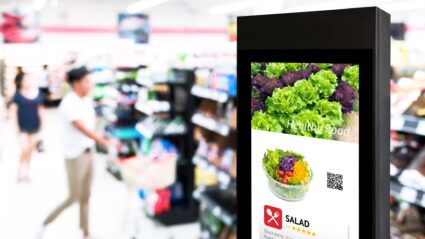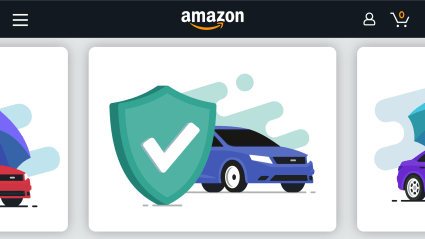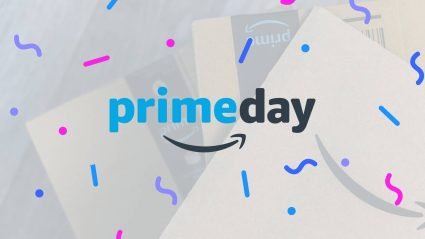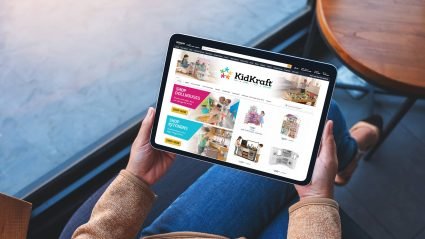Since the COVID-19 outbreak has hit the United States, overcrowded grocery stores and new recommendations around social distancing have led to a surge in online sales of household staples and medical supplies, especially on Amazon, everyone’s go-to virtual marketplace. The huge influx of orders has hampered Amazon’s supply chain and has led to an unprecedented change in policy:
This affects both inbound shipments sent to Amazon by brands and outbound shipments shipped from Amazon to customers. It’s worth noting that most brands hold around 30 days on inventory at Amazon at any given time, so we won’t see the full effect of this decision kick in until around April 1st. Amazon will continue to deliver consumer-bought purchases that remain in stock, but is asking sellers and retailers to stop shipment on nonessential items to the warehouses.
Regardless, Fulfillment by Amazon (FBA) sellers with products outside of those categories are now unable to create inbound shipments and purchase orders on the retail side will slow down significantly.
WATCH NOW
How Amazon’s New Policies Will Affect Your Brand (And What You Need To Do)
If your brand is selling products in a prioritized category: you are going to see significant growth during the next few months. As a business owner, it’s crucial to ensure inventory is monitored closely and shipments to Amazon are sent well in advance. But you should also prepare for a spike in organic traffic on your Direct-to-Consumer (DTC) site from loyal customers who started their shopping journey on Amazon. Ensure your website can handle the influx of traffic, and your warehouse teams are prepared for extra orders that will come through your site.
If your brand is selling products in categories currently deemed inessential: sales will halt if Amazon runs out of inventory and you are unable to send in more units. Align your Amazon paid media efforts with your inventory. Make sure your campaigns are serving ads with relevant in-stock products to customers on Amazon. If product inventory runs out on Amazon, be prepared to allocate that budget to other channels like paid search or social.
If your brand is an Amazon 3rd party seller: you will be greatly impacted by this change, especially if your brand sells exclusively through FBA. That means it’s essential to set up a merchant fulfillment or a DTC site, as FBA inventory for non-essential products may come to a standstill.
If your brand does anything at all on or with Amazon: Keep your ear to the ground and be prepared to ship in products as soon as these restrictions are lifted. Follow the news updates available within Seller Central and subscribe to seller emails from Amazon. Finally, keep in close contact with your Amazon Marketplace Manager who should keep you up to date on the latest announcements.
WATCH NOW
What’s To Come For Your Brand On Amazon
In the coming weeks, as products with already high sales volume run out of inventory — think headphones, kitchen gadgets, etc. — brands offering those products will no longer be able to send in inventory, as those items are currently deemed inessential. Amazon customers looking for these products will now see they’re unavailable and will either choose to buy a competitor product on Amazon or leave Amazon to shop on the brand’s website.
While the circumstances are unfortunate, this represents an opportunity for brands. With social distancing at the forefront of customer’s plan to fight COVID-19, online shopping will see tremendous growth.
According to a note from Mark Power, CEO of Podean, in a post from AdAge, “brands need to be very flexible during these uncertain times.” Adaptability is the name of the game right now, and digital marketers are no strangers to sudden changes.
It’s not clear yet when everything will go back to normal, but we do know that, for now, brands, clients, and marketers must rally together to share what they’re learning and create and implement unique strategies for their brands that serve both new and existing customers.
We know digital marketers from every industry are being affected by the current changes caused by the pandemic. Watch our virtual panel with some of the brightest minds in marketing to discuss new strategies and how to prevail through the crisis.







Responses